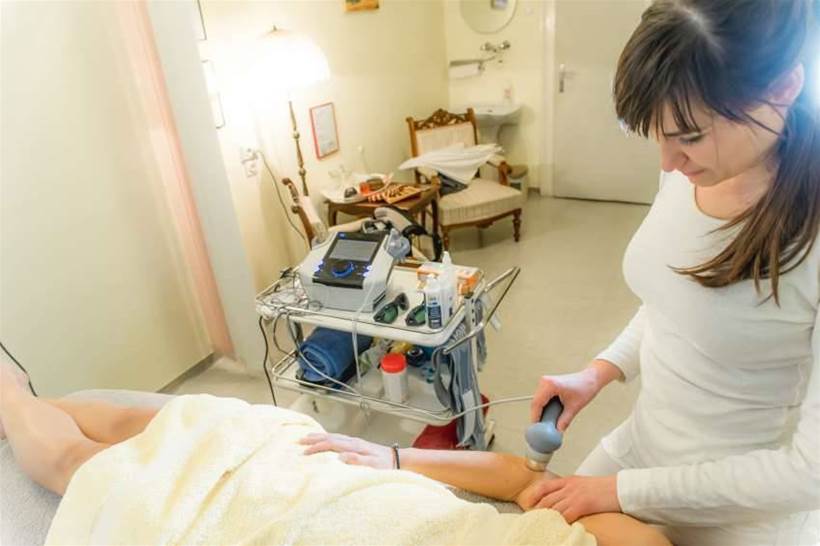Scientists at the University of Southampton are about to embark on a project to develop and trial a new wearable technology to assist those who have suffered strokes to recover use of their arm and hand.
Led by Jane Burridge, Professor of Restorative Neuroscience at Southampton University, the team will create a wireless sleeve which provides automatic, intelligent information about muscle movement and strength while patients perform their daily rehabilitation tasks.
The wireless sleeve will incorporate mechanomyography (MMG) sensors, which ‘listen’ for and detect muscle contraction vibrations.
Tri-axial accelerometers, gyroscopes and magnetometers will also be incorporated to detect movement.
The data from these sensors will then be collated, outside noise filtered out, and remaining data sent to a tablet to enable patients to track and review their progress.
The same data will also be transmitted to therapists to provide information to help them diagnose specific movement problems, enhance their clinical decision-making, and monitor progress.
It is hoped that this will lead to increased efficiency and effectiveness of therapy.
“Some patients struggle to carry out the [rehabilitation] exercises and they may question whether what they are doing is correct,” Burridge said in a statement.
“Similarly, therapists don’t have objective measurements about their patients’ muscle activity or ability to move.
“Rehabilitation technologies like our sleeve will address problems faced by both patients and therapists.”
Burridge added that she is confident that the use of this sleeve will give patients the freedom to perform their recommended 45 minutes of daily therapy more flexibly, and will also provide a cheaper and more practical alternative to using laboratory-based technologies.







